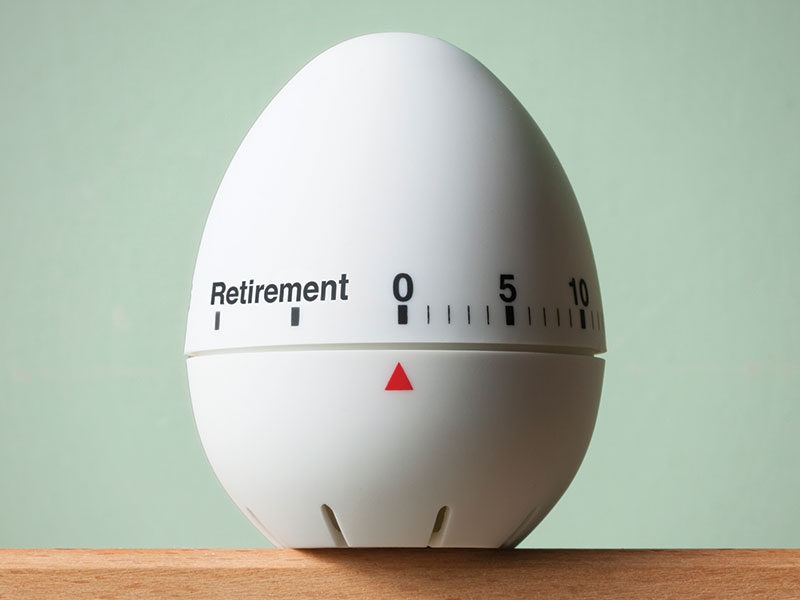
Canadians say they need $1.7 million in savings in order to retire, a 20 per cent increase from 2020, when Canadians estimated they’d need a nest egg of $1.4 million, according to a new survey by BMO Financial Group.
The estimate is the largest since the bank first began surveying Canadians about their retirement expectations 13 years ago. While the figure may sound overwhelming to working-age Canadians, the number says more about the economic mood of the country than it does about real-life retirement necessities, says Caroline Dabu, BMO’s head of wealth distribution and advisory services.
“Certainly, when we’re working with clients, we find that many overestimate the number that they need to retire. It really does have to be taken at an individual level because circumstances are very different. . . . But $1.7 million, I would say, is high.”
Read: Survey finds Canadian employees delaying retirement due to rising cost of living
The results reflect Canadians’ concerns about current economic conditions, particularly inflation and higher prices, she says. “If you look at the average Canadian, they’re feeling the rising inflation costs. And so, not surprisingly, we are seeing that Canadians are feeling they absolutely will need more to retire.”
Canada’s annual inflation rate hit a four-decade high of eight per cent in the summer of 2022, falling to just over six per cent as of December 2022. BMO Economics expects the country’s consumer price index to decline to around three per cent by the end of the year.
While rising inflation may require tweaks to a retirement plan — such as contributing slightly more to savings each month or making cash-flow adjustments — Dabu says these changes don’t necessarily have to be drastic and that, when it comes to retirement planning, knowledge is power.
“In the survey, we note that 53 per cent of Canadians didn’t know how much they will need to retire. That increased confidence comes from knowing the exact number that I need to save for and how I’m going to get there.”
Read: Survey finds 59% of gen Z workers have yet to start saving for retirement
The BMO survey, which polled 1,500 Canadians, also found just 44 per cent of respondents are confident they’ll have enough money to retire as planned, a 10 per cent decrease from 2020. It also found a fifth (22 per cent) of Canadians plan to retire between ages 60 and 69.
And while millennials and generation Z were the most nervous about their ability to save and invest right now, three-quarters (74 per cent) of all respondents said they’re concerned about how current economic conditions will affect their financial situation and 59 per cent said economic conditions have affected their confidence in meeting their retirement goals.
